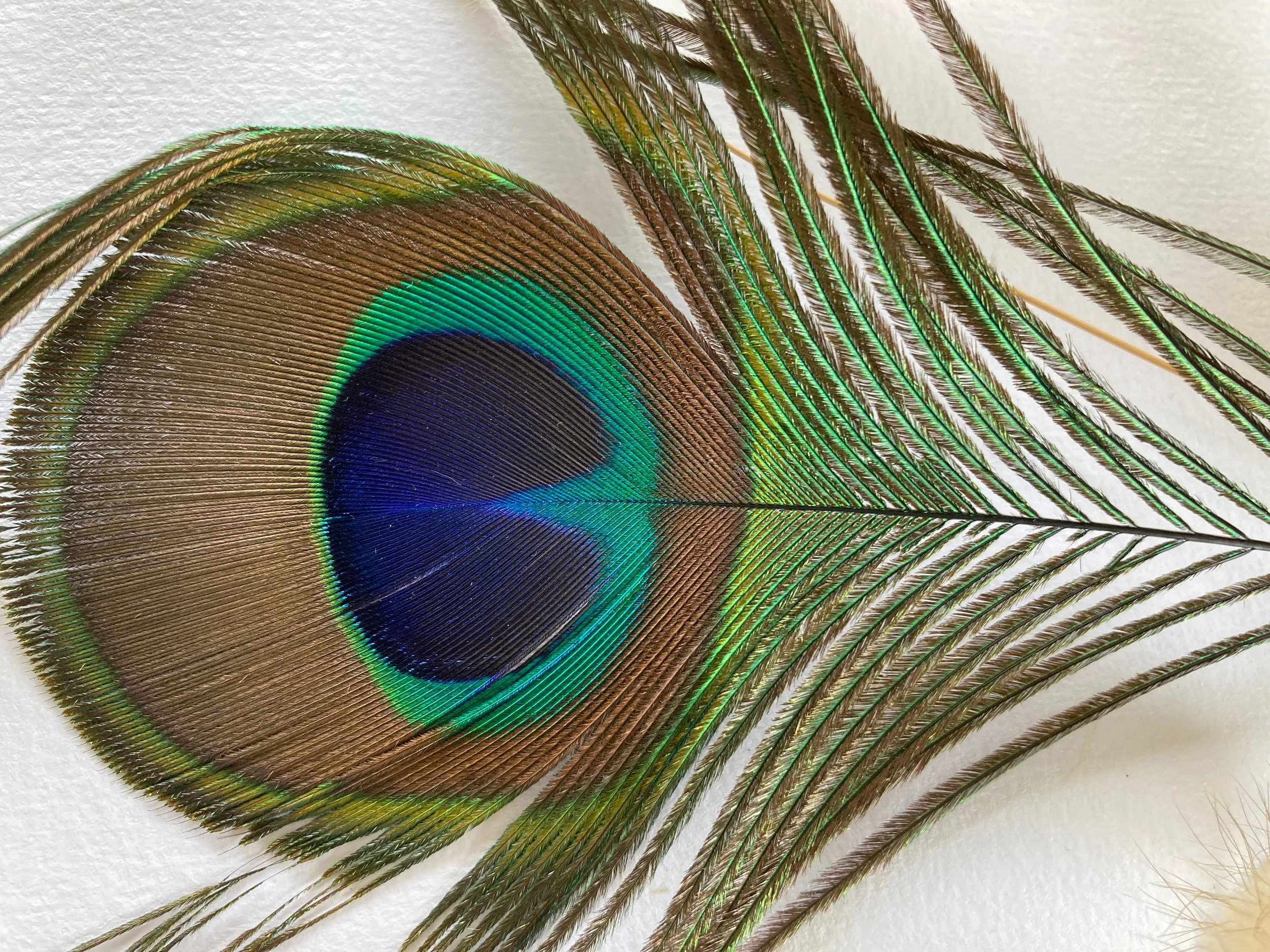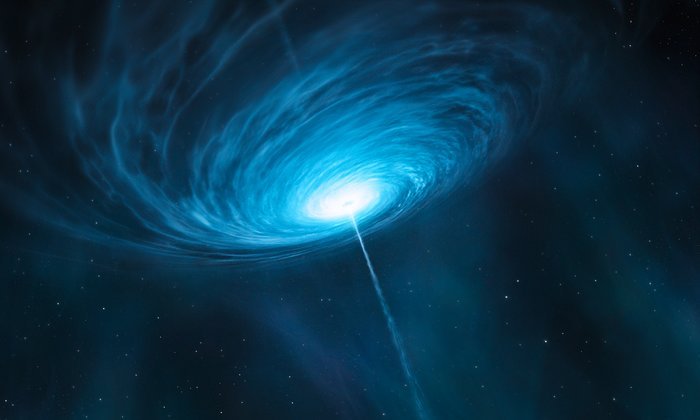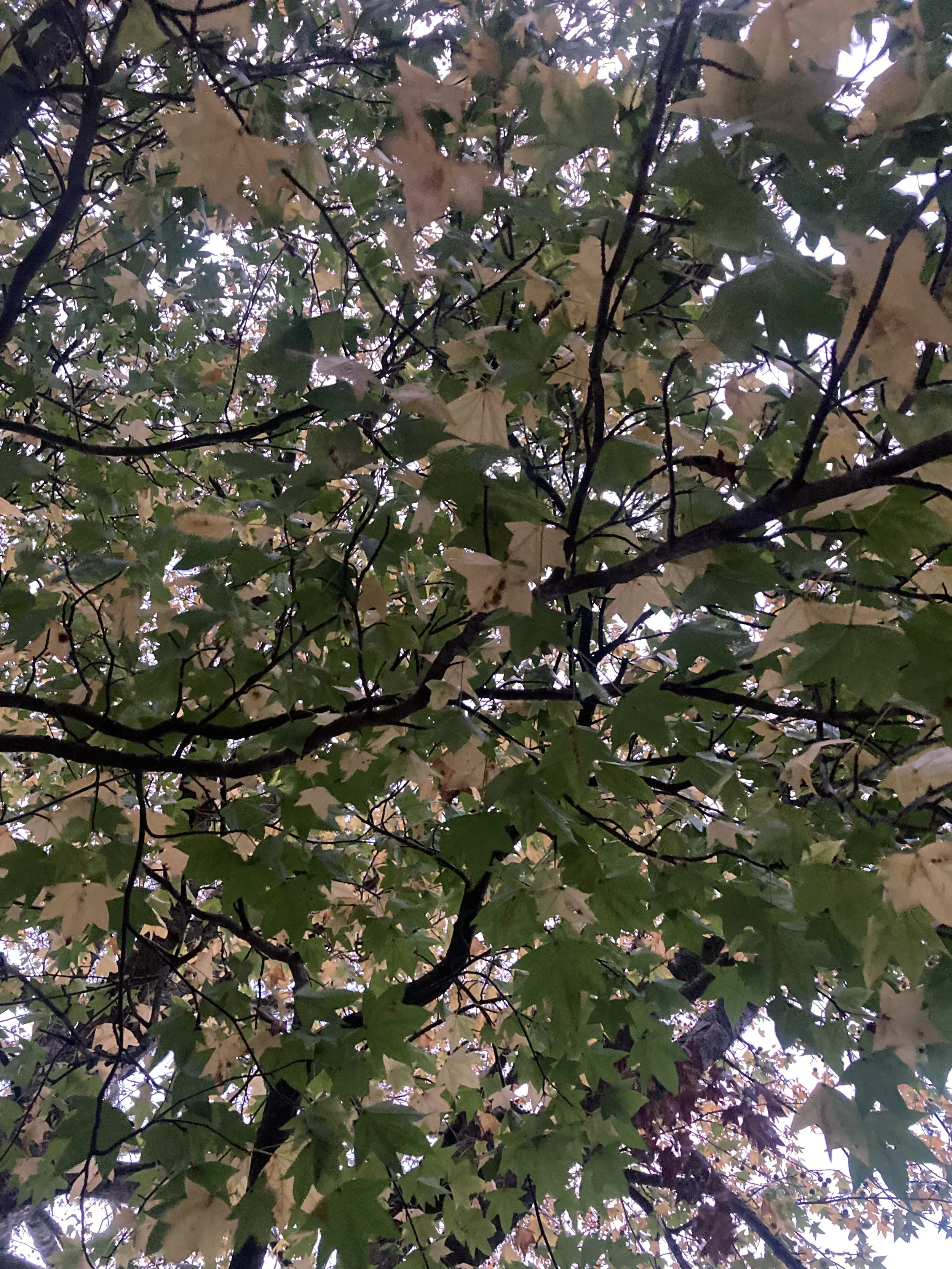Frequently Asked Questions
-
Acupuncture is a safe treatment when performed by qualified and experienced acupuncturists. In Aotearoa - New Zealand, the qualification to become an acupuncturist is a Bachelors degree of 3 - 4 years of study. Some Chinese Medicine practitioners also continue their study and complete MSc or PhD’s in Acupuncture and Chinese medicine, integrating research and specialities of their practice. Chinese medicine and Acupuncture are regulated health professions in Aotearoa under the Health Practitioners Competence Assurance Act 2003 (HPCA Act), which means all Chinese Medicine Practitioners and Acupuncturists must be registered with Chinese Medicine Council of New Zealand in order to legally practice.
-
Many illnesses and health conditions can show improvement in symptoms and quality of life with acupuncture treatment. Acupuncturists are trained to treat a wide range of conditions and treatment is through a holistic approach to understanding the interconnection of the mind and body. The aim of Chinese medicine and acupuncture is addressing the root cause of an illness which supports deeper healing processes in the body, a reduction in severity and frequency of symptoms and supporting optimal health through regular preventative treatment. Some acupuncturists will specialise in treating certain conditions or population groups e.g. acupuncture for mental health, pregnancy acupuncture, fertility acupuncture, acupuncture for cancer recovery and support, acupuncture for neurological conditions, acupuncture for chronic pain conditions. Some acupuncturists will incorporate the skills of other health practices they may be trained in, for example: counseling, psychotherapy, herbal medicine and naturopathy, massage, tai chi or qi gong, biomedicine approaches to understanding the body.
-
The number of treatments required depends on what condition is being treated, how long you have had a particular health condition or symptoms, and your bodies ability to initiate the healing process with treatment. In this way the treatment response is quite individual. Some health conditions may have developed over many years and require more sessions for the body to come into a new pattern, a new rhythm. In general, the more chronic or debilitating a condition is the longer the healing process. Some conditions respond well to regular preventative treatment to keep symptoms at bay and to address the root cause of an illness. Acute conditions involving pain or distress typically respond very well to acupuncture and may only require one or a few treatments to settle the symptoms. If stress in work or home life is an ongoing concern treatment may need to be more frequent to support greater rest in your body’s nervous system which in turn helps facilitate the healing process.
-
The innate healing response in the body is our desire to be well. It is influenced by not just our daily life practices of keeping well like resting, sleeping, exercising, eating, but also by our relationships with others and the environment we live in. In Chinese medicine the qi in the body can be understood as our life force. Qi has a natural inclination toward flow and harmony, however it can also become relatively stuck or stagnant. When our healing response in the body is supported through acupuncture treatment, it helps to allow our life force to flow more smoothly, and this in turn supports the cultivation of life force in the body. When life force energy is plentiful and flowing in the body there is less pain, more energy for digestion, better sleep, and ease in daily life.
-
Our body’s response to feeling pain is very subjective, so it depends on our individual response in any given moment. Some people have a heightened pain tolerance and others a low pain tolerance, and this can vary within ourselves such that one day we feel pain slightly on another day we may be stressed and feel pain more acutely. Because the acupuncture needles are very thin, most people describe the sensation as less intense in comparison to blood draw needles, or other types of medical needles. Most people who are afraid of blood draw needles are actually pleasantly surprised by how acupuncture needles have a very different sensation. Acupuncture typically elicits an internal sensation in the body which can be experienced and described as pain, but it can also be experienced not as pain and described as something other than pain. Some internal sensations which arise with acupuncture are described as: a feeling of heat, warm or cold, a feeling of movement or spreading from the site of the needle, a feeling of pressure or heaviness, an emotional state, a subjective experience of release, relief, lightness, or a pleasurable feeling. Typically during an acupuncture treatment when the needle is first inserted there is a sensation, and then the sensation goes away or gradually fades, until the needles are re-stimulated by the acupuncturist. This ability of the body to feel a sensation in response to an internal stimuli encompasses the term nociception. Nociception is the neural process of detecting painful stimuli, but it does not always give rise to the subjective experience of pain. Acupuncture also can elicit the conscious and subconscious processes known as interoception. Interoception is the process of feeling and making sense of what is happening inside your body. It is the internal felt experience of a sensation elicited with acupuncture which often creates the changes in the neural pathways in the brain and body involved with sensing pain. This is one of the reasons for how acupuncture can be an effective form of treatment for pain relief.
-
That’s okay, it is really normal to feel some trepidation and anxiety when it is your first time to experience acupuncture. With your first acupuncture treatment we are always making sure you feel safe and comfortable with the treatment. We tailor the treatment to your body and will use very fine needles and less needles if you are sensitive to the sensations of acupuncture needles. Interestingly, most people who are afraid of blood draw needles are actually pleasantly surprised by how acupuncture needles have a very different sensation and calming effect on their nervous system.
-
Acupuncture originated in China many years ago. It has a long history of development within China, as well as spreading to many surrounding eastern countries. There are many ways it is practiced. The system of knowledge in Chinese medicine is varied and vast as shown by the classical medical texts from the different centuries, and now the modern schools of education which have spread to the west and been influenced by biomedicine and reductionist science. Here in Aotearoa, New Zealand the most commonly used acupuncture methods are influenced by styles of acupuncture from China, Japan and Korea. Each country has different styles of treatment. Some acupuncturists will be trained in a combination of different styles. In contemporary practice, acupuncturists may also incorporate biomedical approaches such as electro-acupuncture (electrical current is applied to needles), auriculo-acupuncture (ear acupuncture), and scalp acupuncture for neurological conditions.
-
Dry needling is a medical term typically used by physiotherapists or doctors to describe needling techniques which differ from ‘wet needling’ (the insertion of a fluid-like substance e.g. a cortisone steriod injection). Dry needling is commonly practiced by trained physiotherapists, and some chiropractors and GP’s. It typically involves inserting the needle into trigger points in the muscle to elicit muscular responses such as twitches. Sometimes the sensation with dry needling can be very strong, and there may be a deep ache in the muscle after the treatment. Often this type of needling involves strong stimulation to release tight or painful muscles. For some people this dry needling approach can be useful, however it may not be suitable for people who are in a state of deficiency, who have low energy and compromised immunity, or for people with a heightened sensitivity to feeling unsafe with needles and the strong internal stimulus with dry needling techniques. Chinese Medicine trained acupuncturists, typically practice with an awareness of the holism of the body-mind and the interconnections of the organs and acupuncture channels (meridians) and acupuncture points in the body. This approach to treatment allows for greater sensitivity and ability to support the flow of life force in the body.
-
In order to be eligible for acupuncture treatment under ACC you must first have your accident and injury assessed by a registered ACC treatment provider who can assess your injury and lodge a claim. This may be a GP or other doctor, osteopath, physiotherapist, or chiropractor. Acupuncturists are not able to lodge a claim when you first have an accident. If your accident has been accepted by ACC and you receive confirmation you are eligible to ACC subsidised treatment you are then able to receive acupuncture treatment for 12 weeks beginning with your first acupuncture appointment. You are able to have treatment from more than one health providers to help you recover from your injury. At present (2023), ACC does not offer subsidised ACC treatment for sensitive claims or birth trauma injuries.
-
Unfortunately acupuncture is currently not available as a treatment option for birth injuries under ACC. If you are not covered by ACC for your birth injuries but are experiencing ongoing health issues after giving birth and you experienced a traumatic birth, seeking support and early treatment is important for recovery. Acupuncture and therapeutic support in the post-partum period can help the body heal from conditions such as: prolapse of uterus, bladder or bowels, urinary or bowel incontinence, pelvic pain, back or hip pain, perineal tears, night-sweating and fatigue, anxiety, depression, insomnia, emotional changes and processing birth trauma.
-
Some health insurance providers in Aotearoa have insurance for everyday health care which include Acupuncture and Chinese Medicine. Each health insurance company provides different cover so check first with your provider as to what you are eligible for and how to process a claim for acupuncture treatment.
CONTACT
Practice Hours:
MONDAY 8 AM - 6 PM
WEDNESDAY 8 AM - 6 PM
THURSDAY 8 AM - 6 PM
FRIDAY 8 AM - 1 PM
Available by appointment only
47 Pitua Road, Te Puna, Tauranga 3176
021 665 915
rose@aldebaranhealing.co.nz














